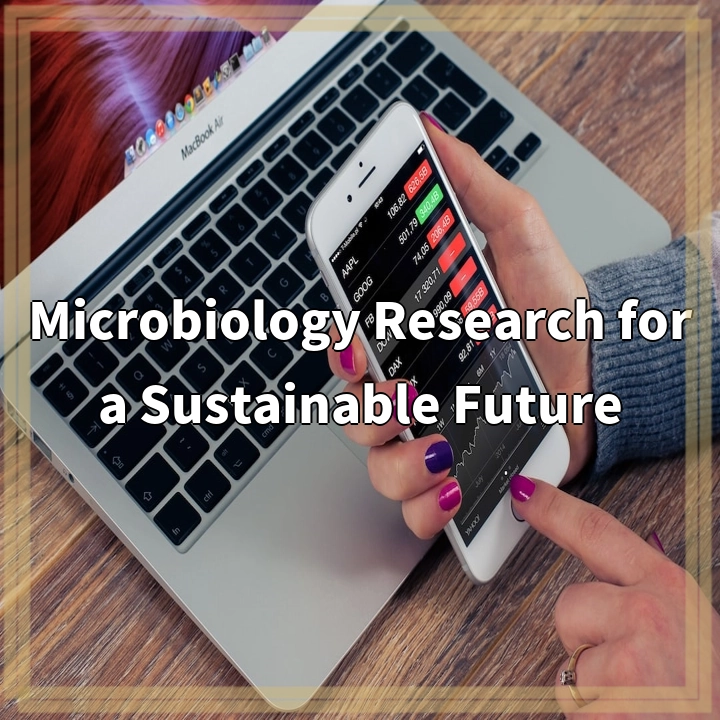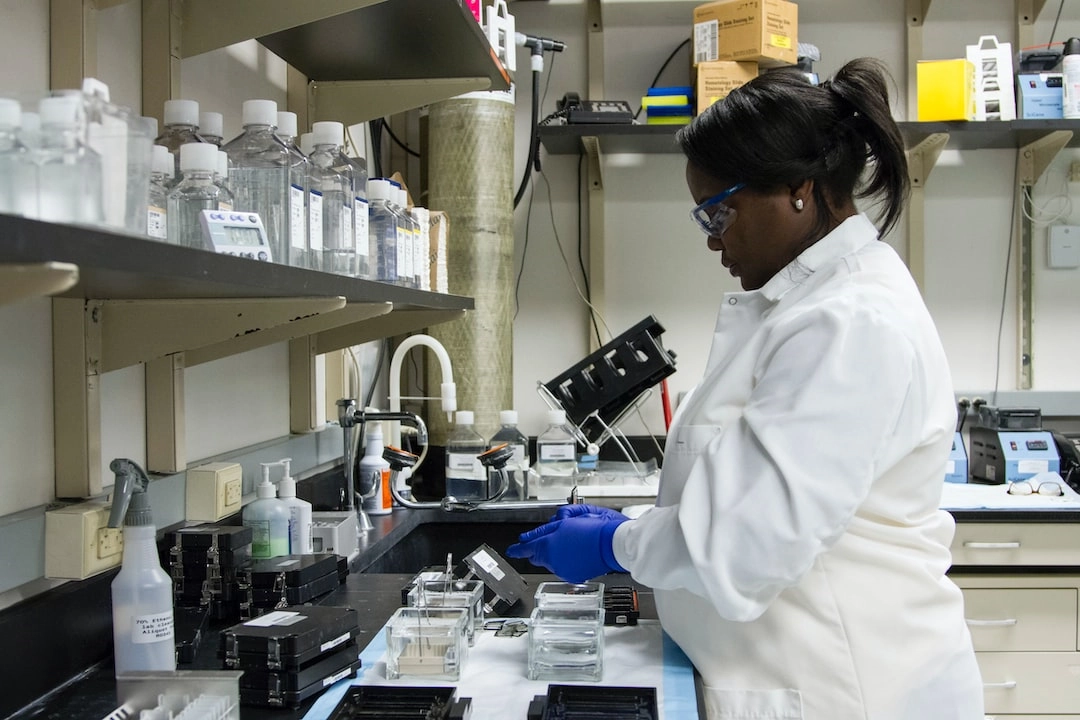
What is Microbiology Research for a Sustainable Future?
Microbiology research for a sustainable future refers to the study and application of microbial processes and tools to address environmental challenges and promote sustainability. It involves understanding the role of microorganisms in various ecosystems and harnessing their potential to develop sustainable solutions.
Real-World Problems Associated with Microbiology Research for a Sustainable Future
1. Pollution and Waste Management
One of the major real-world problems is pollution caused by various industries and improper waste management practices. Microbiology research is essential for finding innovative ways to mitigate pollution and effectively manage different types of waste, such as plastics, agricultural residues, and industrial effluents.
2. Climate Change
Climate change is a pressing issue that requires urgent action. Microbiology research plays a crucial role in understanding the microbial processes involved in greenhouse gas emissions, carbon sequestration, and climate regulation. By studying the interactions between microorganisms and the environment, scientists can develop strategies to reduce greenhouse gas emissions and mitigate the impacts of climate change.
3. Disease Control
The emergence and spread of infectious diseases pose significant threats to human and animal health. Microbiology research is vital for studying pathogenic microorganisms, understanding their behavior, and developing effective control strategies. This includes the development of new diagnostic tools, vaccines, and antimicrobial agents.
4. Sustainable Agriculture
Agriculture faces challenges such as soil degradation, water scarcity, and the use of chemical fertilizers and pesticides. Microbiology research contributes to sustainable agriculture practices by studying beneficial microorganisms that promote plant growth, enhance soil fertility, and combat plant diseases. This knowledge helps in developing environmentally-friendly agricultural practices and reducing the dependency on synthetic chemicals.
5. Water and Food Safety
Ensuring the safety of water and food resources is essential for public health. Microbiology research focuses on studying waterborne and foodborne pathogens, developing rapid detection methods, and designing effective treatment and preservation techniques. By understanding microbial behavior in these contexts, researchers can enhance water and food safety measures.
In summary, microbiology research for a sustainable future aims to address real-world environmental challenges such as pollution, climate change, disease control, sustainable agriculture, and water and food safety. By leveraging the power of microorganisms, scientists work towards developing innovative and sustainable solutions to safeguard our planet and promote a healthier future.

Solutions for Microbiology Research for a Sustainable Future
1. Sustainable Waste Management Techniques
Implementing sustainable waste management techniques can help reduce pollution and minimize the environmental impact caused by industrial and domestic waste. Microbiology research can contribute by developing microbial-based technologies for efficient waste treatment, such as bioremediation and anaerobic digestion.
2. Climate Change Mitigation Strategies
Microbiology research can aid in developing strategies to mitigate climate change by focusing on processes like carbon sequestration, biological nitrogen fixation, and the reduction of greenhouse gas emissions. This includes exploring the role of microorganisms in carbon cycling, studying microbial communities in different environments, and developing bio-based alternatives to fossil fuels.
3. Advancing Disease Control Methods
Microbiology research contributes to improving disease control methods through the development of targeted therapies, vaccines, and diagnostics. By understanding the mechanisms of pathogen-host interactions, researchers can develop more effective strategies to prevent, diagnose, and treat infectious diseases.
4. Promoting Sustainable Agricultural Practices
Microbiology research plays a vital role in promoting sustainable agricultural practices. This includes studying plant-microbe interactions, soil microbiota, and biofertilizers. By harnessing the power of beneficial microorganisms, researchers can reduce the dependency on chemical inputs, enhance crop productivity, and improve soil health.
5. Enhancing Water and Food Safety Measures
Microbiology research contributes to ensuring water and food safety by developing rapid and accurate detection methods for pathogens, improving sterilization techniques, and studying the effects of microbial contaminants on food quality. This knowledge helps in implementing effective monitoring and control measures to prevent waterborne and foodborne diseases.
Embracing these solutions derived from microbiology research allows us to move towards a more sustainable future. By leveraging the potential of microorganisms, we can address environmental challenges, protect human and ecosystem health, and build a more resilient and sustainable world.















